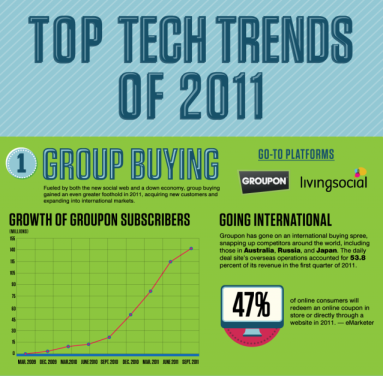You don’t get to play with a whole lot of cool tools or toys when you’re an English professor. Fountain pens and Moleskine notebooks maybe, or a book light or fancy e-reader. Bibliographers—those savants who analyze the unique physical characteristics of manuscripts and printed books—get the best stuff: illuminated magnifying glasses and book weights, white gloves and padded forceps, and more exotic assemblages, such as the original Hinman collator, a contraption the size of a refrigerator whose flashing lights were reportedly capable of inducing epileptic seizure. (Newer collators fold and collapse into a briefcase for transport to distant libraries, and while they may induce headaches, are seizure-free.)
But now that literary materials are often stored and accessible only in electronic formats—manuscript drafts written with word processors, e-mail correspondence buried in hard drives—we may be able to get our hands on some nifty techno-biblio accessories that make data retrieval easier.
One such device is the inelegantly named FC5025 floppy controller card, 1 1/4-by- 3 3/4 inches and silicon-wafer thin. If you grew up in the 1980s when I did, and if your first computer was an Apple, Commodore, Atari, or TRS “Trash” 80, the FC5025 (or one of several gizmos like it) is the link to whatever frail trellises of data may still remain magnetically etched on the surface of the antique “floppies” that went with those machines. One end of the device anchors an old-school gray ribbon cable that connects to an actual 5 1/4-inch drive, scrounged from eBay or a friend (I got mine from a supply closet). The other end holds the familiar, comforting shape of a USB terminus. Sandwiched in between, embedded in the FC5025 controller board, is the software necessary to bridge the gap between a wheezing, groaning disk drive and any modern operating system.
The FC5025 allows me to move data off my old floppy disks in the form of a so-called image file, a virtual simulacrum of the original diskette. With the disk image, I can extract individual files or run it through an “emulator” (more on this later), where I can examine individual bytes and verify that not a single one has been altered in the transition. Read the rest of this entry »



